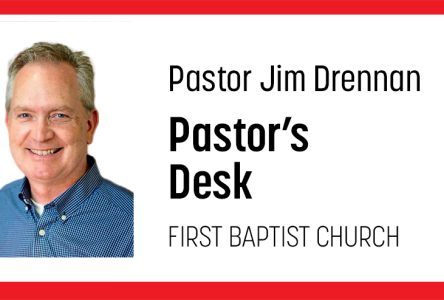Lack of an apology has sunk many relationships. Fear, embarrassment, pride and ignorance are the misplaced ballast that caused the ship to sink.
The burden of guilt will stay with you until you apologize. And even if the apology is not accepted, it will help you. Throwing off this burden is essential to your ability to grow and learn from the experience.
Before you can forgive others, you must first learn to forgive yourself. Carrying the burden of your guilt as a badge of honour is annoying for everyone and destructive to yourself.
This does not mean that you ignore what you have done nor act in a way that fails to recognize the consequences of your actions. An apology gives both of you the opportunity to unburden yourselves of the incident.
You cannot control the responses and needs of other people. You can control your own ability to make recompense. Take responsibility for the harm you have caused and find a way to sincerely express your regret to those affected.
Sometimes the harm is that someone feels slighted even if no damage has occurred. She may even have chosen to respond this way. Think about how and why others have been hurt by your words or actions. Then think about why they responded that way.
Remember: the purpose of this exercise is to think about a situation from the other person’s point of view. No matter how irrational that person may seem to you, he acted rationally as far as his needs are concerned.
Actions speak louder than words. If you sincerely want to make an apology change the behaviours that caused the harm in the first place, do so because you wish to, not because you have to or feel obligated to. A false apology is worse than no apology at all – at least the latter leaves the hope that you might apologize at some time.
As much as it might be awkward or embarrassing, you need to deal with the truth of the situation. Separate the truth of the situation from lies, excuses and perceptions. Do not try to justify your actions. Rather, explain why you acted the way you did.
Sometimes you can be sorry for the harm you caused but know that if the situation were to arise again, you would use the same behaviours or say the same things. In these cases, do not apologize for the sake of apologizing – that would be inauthentic and, in all likelihood, transparently so.
Instead, explain why you feel you actions were justified and enquire how you could have responded to minimize the harm caused. “The truth shall set you free,” it is said – an accurate statement, because people respect someone who exhibits consistent principles, even if the two of you disagree.
There are few quicker ways to lose respect than to say one thing and do another. Your word must be your bond or your words will blind you.
Understand not only your role but also the role of others in the situation. Do this not with the intention of deflecting the blame, but rather in order to understand your role in responding the way you did. Understanding your responses to situations is the second stage (accepting responsibility being the first) of mastering your own life.
Apologies are not like wine; they do not improve or become easier to the taste with the passage of time. The quicker you express a sincere apology the sooner you will be able to deal with the hurt and blame arising from the situation and move on, wiser for the experience.
Be specific about what it is you are apologizing for. “I’m sorry I hurt you” is not as effective as “I am sorry I hurt you when I didn’t offer to help clear the table and wash the dishes.”
The words “I am sorry I hurt you when” can be as powerful in building and maintaining a relationship as “I love you.”
The movie Love Story told us that love means never having to say you are sorry. Not so.
Love is always being able and willing to say I am sorry, because in doing so you express and cultivate your feeling of importance for the relationship and the person who has been hurt.
The ability to offer a sincere apology is a characteristic of the strong, not the weak.
Karim Mawani is a registered collaborative family lawyer, mediator and arbitrator in Sherwood Park, Alta. Reach him at adrguru@adrsolutions.ca.


